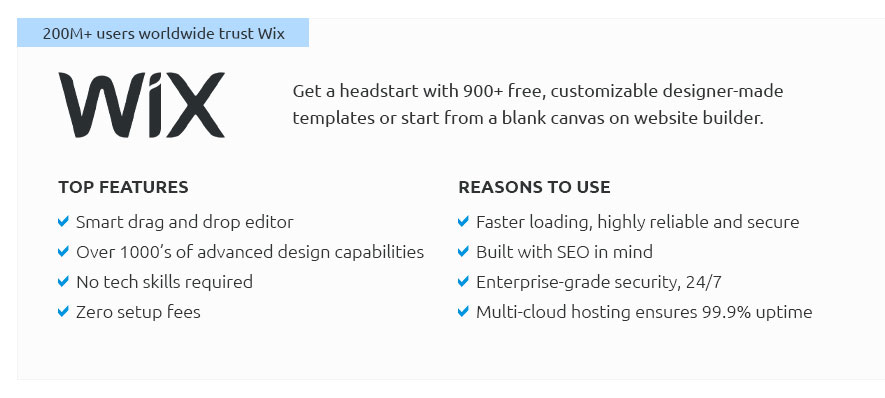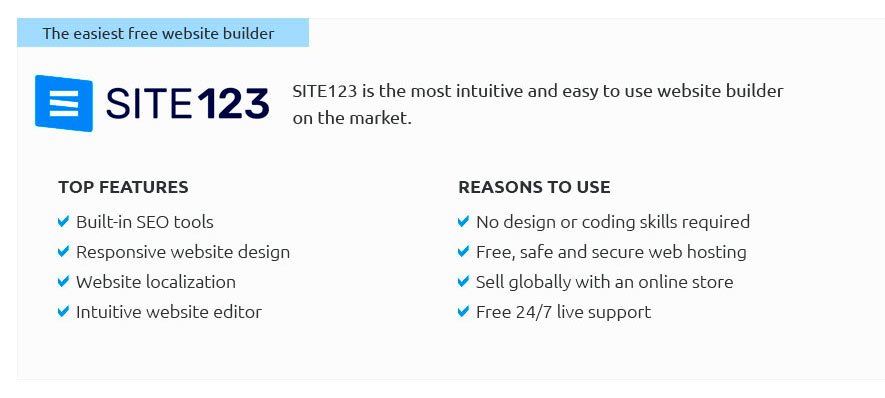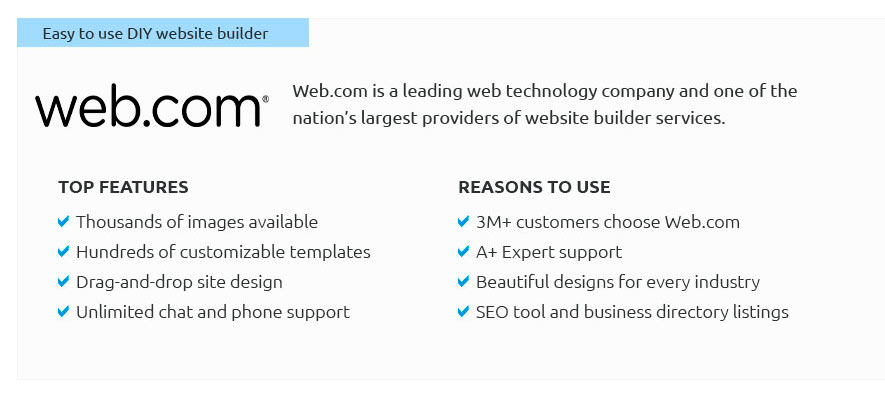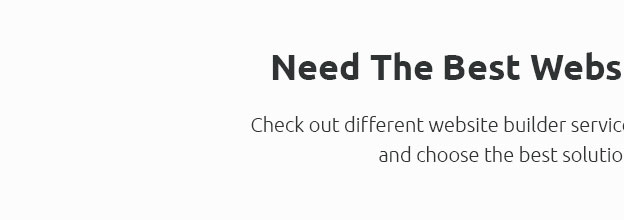 |
 |
 |
 |
|
 |
 |
 |
|
 |
|
 |
 |
|
 |
|
 |
|
 |
 |
Exploring the Top Website Building CompaniesIn the ever-evolving digital age, establishing an online presence has become crucial for businesses, entrepreneurs, and even individuals looking to showcase their talents or ideas. The process of building a website, once considered a daunting task reserved for tech-savvy professionals, has been significantly simplified thanks to numerous website building companies. These companies offer an array of tools and services that cater to different needs and skill levels, making it easier than ever to create visually appealing and functional websites. In this article, we delve into some of the leading website building companies, exploring their offerings, strengths, and what makes each of them stand out in a crowded marketplace. Wix is often heralded as one of the most user-friendly website builders available today. Its intuitive drag-and-drop interface allows users, regardless of their technical expertise, to design and customize their sites with ease. Offering a wide range of templates and apps, Wix caters to various industries and purposes, from small business websites to personal blogs. One of its standout features is the Artificial Design Intelligence (ADI) tool, which can automatically create a personalized website based on the user's inputs. While Wix offers a free plan, its premium packages provide additional functionalities such as e-commerce capabilities and the removal of Wix ads. Another popular choice is Squarespace, known for its sleek and modern design templates that appeal particularly to creatives and professionals in the art and design fields. Squarespace offers an all-in-one solution, providing hosting, domain registration, and a powerful content management system. Its templates are fully customizable and optimized for mobile devices, ensuring that websites look stunning on any screen size. Squarespace's emphasis on aesthetics and design quality has made it a favorite among photographers, artists, and designers who wish to showcase their work beautifully online. For those seeking a more robust and flexible platform, WordPress.com is a noteworthy contender. While it may have a steeper learning curve compared to Wix and Squarespace, WordPress.com offers unparalleled customization options through its extensive library of plugins and themes. It powers a significant portion of the web, from simple blogs to complex enterprise websites. WordPress.com offers both a free plan and various premium plans, allowing users to choose the level of control and features they require. The platform's community and support forums are invaluable resources for those looking to expand their website's capabilities. Shopify, on the other hand, specializes in e-commerce solutions, making it the go-to choice for businesses looking to establish an online store. Its platform is designed to handle everything from product listings and payments to shipping and customer interactions. Shopify provides a seamless experience for both sellers and buyers, with features like abandoned cart recovery and a wide range of payment gateway integrations. Its app store further enhances functionality, allowing users to add tools that suit their business needs. For a more budget-conscious option, Weebly offers a straightforward website building experience with a focus on ease of use and affordability. Acquired by Square, Weebly integrates seamlessly with Square's e-commerce tools, providing small businesses with a simple yet effective way to sell online. Its drag-and-drop editor and customizable themes make it an attractive option for those new to website building. In summary, the choice of a website building company largely depends on the user's specific needs, level of expertise, and budget.
https://www.spinxdigital.com/guides/best-website-design-companies/
Jordan Crown - Website Design Company Jordan Crown ; Blue Fountain Media - Website Design Company Blue Fountain Media ; Eight25Media - Website Design Company ... https://www.quora.com/What-are-some-great-website-builders-or-companies
Some of the best website builders include Wix, WordPress, Squarespace, and Weebly. When choosing, consider factors such as ease of use, design ... https://webflow.com/
Create custom, responsive websites with the power of code visually. Design and build your site with a flexible CMS and top-tier hosting.
|